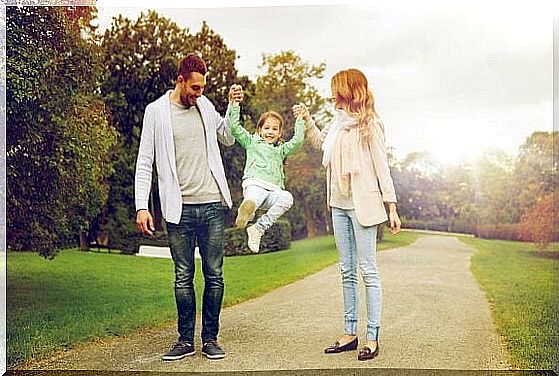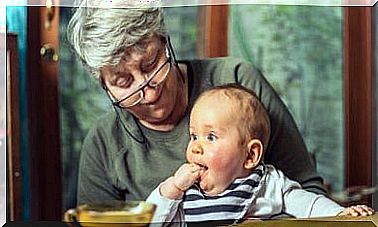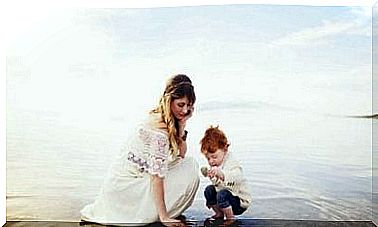What Are Host Families?

Host families are those that provide temporary care for a child or adolescent. These people are committed to protecting the child and supporting him physically, emotionally, psychologically and financially until he can return to his biological family.
Foster care is a temporary protection measure for underage children in situations of abandonment. Its purpose is to keep children within the family environment so that their closest relatives can welcome them. If this is not possible, a host family with which there is no kinship is sought.
When parents cannot take care of their children, they are under the protection of the state. To cover their needs, children are usually sent to youth centers.
However, over time, it was discovered that, for the proper development of a baby or child, it is necessary for them to be part of a family. That’s how the first foster families were born.
The foster family acts as a guardian, who takes care of the child until their family situation is resolved. Foster care does not imply that the people who take in the child legally become the child’s parents. That’s the main difference from adoption.
How does foster care work
The foster family is responsible for integrating the child into their life and providing personal, material, spiritual and educational development until they can return to their biological family again.
This happens when parents are able to take care of their children again and show that they have overcome the conflict situations that separated them from them.
Welcoming allows the child to maintain the bond with their biological family. This means that she can see her parents and that foster families protect her until the parents can be with her again. This does not make them the child’s parents.
Coexistence is regulated by laws that determine the rights and obligations of all parties involved in the process. The legislation also guarantees respect for the child, his family of origin and his cultural identity.

Foster care is different from institutionalization and benefits the child with personalized attention through development within a family space. It is a vital and enriching experience for everyone involved.
This coexistence will continue until the conditions that caused the separation of the child from his family of origin are re-established. Another alternative for your resolution is to propose a new exit strategy based on your overall well-being.
Requirements for host families
The conditions that give rise to the participation of host families are the most diverse, and range from financial difficulties or health reasons to conflicts between the couple. Therefore, resolutions may be different.
The child can be taken in in cases where the biological parents cannot guarantee a constant presence at the child’s side, for example, for reasons of work. So, a family takes it in only for part of the day or for a few days of the week.
There is also guardianship for a short, pre-established period of time, which responds to a temporary need or an emergency. This occurs when parents cannot take care of the child for a certain period, such as during a hospital stay.
Finally, the most common of foster care situations is long-term guardianship. This applies to cases where it is not possible to predict when the baby or child will be able to return to live with the family of origin.
Taking in a child, a difficult choice
Married couples are best placed to take in a child. Preferably, those with underage children are chosen to form a family as similar as possible to the child. Next are couples who don’t have children, and finally single people.
Caregivers are prepared, evaluated and supported by both social care services and medical care. Your collaboration is essential, since, as it is a special experience, it must be treated with the support and assistance of professionals.
Taking in a child with a difficult background is wonderful, but it’s a challenge. She is likely to find the host family strange or behave in a questionable way.

In this sense, it is important to emphasize that the child’s main fear is losing his or her family of origin. Naturally, because they do not know the foster family well, the child feels that they do not know how long they will be able to rely on them. Therefore, it is essential to be flexible.
The convenience in this system
The experiences lived so far allow children of all ages to grow up in a family different from theirs, although equally hospitable and supportive, during certain periods of time, according to the need.
Based on these experiences, it is demonstrated that foster care is a possible and viable regime. This choice affects not only the immediate present, but the long-term future as well.
In fact, the lack of proper care during early childhood can have serious, sometimes permanent, consequences in the formation of a child’s character. In short, thanks to host families, many children have a happier childhood and a better future.









